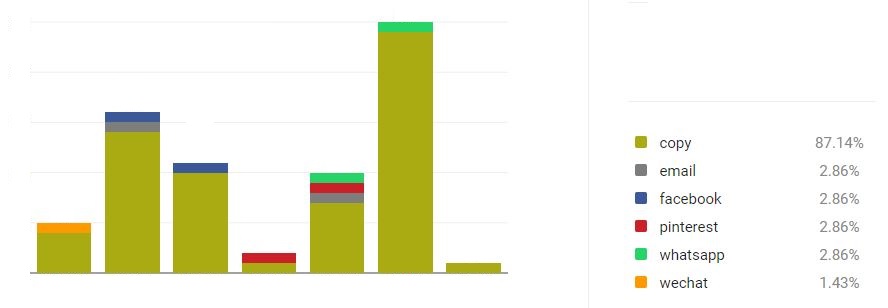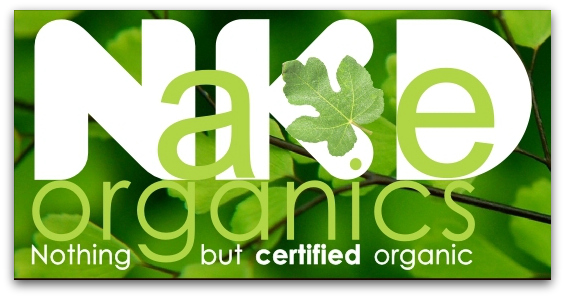|
|
www.moyoway.com |
Buy your Certified Organic |
|
|
CLICK FOR NAKED www.moyoway.com |
Moyo is an African origin word which implies that the
"heart and mind act as one to cultivate the spirit”
Obama Budget Includes Additional Funding for FDA to Regulate Cosmetics Effectively
by Bart
The Obama administration's proposed budget for the next fiscal year calls for an additional $19 million in funding through user fees to enable the U.S. Food and Drug Administration to more effectively regulate cosmetics, signaling the White House's acknowledgement that the agency's current oversight is inadequate to protect consumers.
Recent scandals that have rocked the cosmetics industry illustrate the lack of consumer protection:
- formaldehyde in Brazilian Blowout hair straightener
- lead in L'Oreal lipstick
- carcinogen in Johnson's Baby Shampoo
Janet Nudelman, interim director of the Campaign for Safe Cosmetics and director of program and policy at the Breast Cancer Fund, "We need to go further.
Congress must update the 1938 cosmetics regulations to give the FDA meaningful authority to keep harmful chemicals out of the personal care products we put on our bodies."
Groups and businesses urged legislation that would :
- phase out ingredients linked to cancer
- phase out ingredients linked to reproductive harm
- require full disclosure of cosmetic ingredients
- create a sliding-scale fee structure with exemptions for small businesses
Under the current law, the FDA can't require cosmetics companies to conduct safety assessments, and can't even require product recalls.
In a recent example, the FDA could not issue a mandatory recall of Brazilian Blowout hair-straightening products even after they were found to contain dangerous levels of cancer-causing formaldehyde.
The products were banned over a year ago by Canada and other countries, but are still being used in salons across America, despite warnings by the FDA and the U.S. Occupational Safety and Health Administration.
According to the White House budget statement, "Every day, Americans use a wide variety of cosmetic products, including skin moisturizers, perfumes, lipsticks, nail polishes, eye and face make-up, shampoos, hair straighteners, hair colors, mouthwashes, and deodorants. Consumers expect their cosmetics - and the ingredients in cosmetics - to be safe."
The President's statement also references the growing cosmetics industry and says that "In the face of this growth, FDA has inadequate, incomplete, and often outdated data on cosmetic products and ingredients."
Nudelman praised the administration's statement. "Clearly the Obama administration and the FDA recognize the problem-that while the FDA has the responsibility to protect the public by ensuring cosmetics are safe and non-toxic, it doesn't have the authority or the resources to do so," she said.
Makeup Safety Source: Campaign for Safe Cosmetics
Join in and write your own page! It's easy to do. How? Simply click here to return to Makeup Safety.



